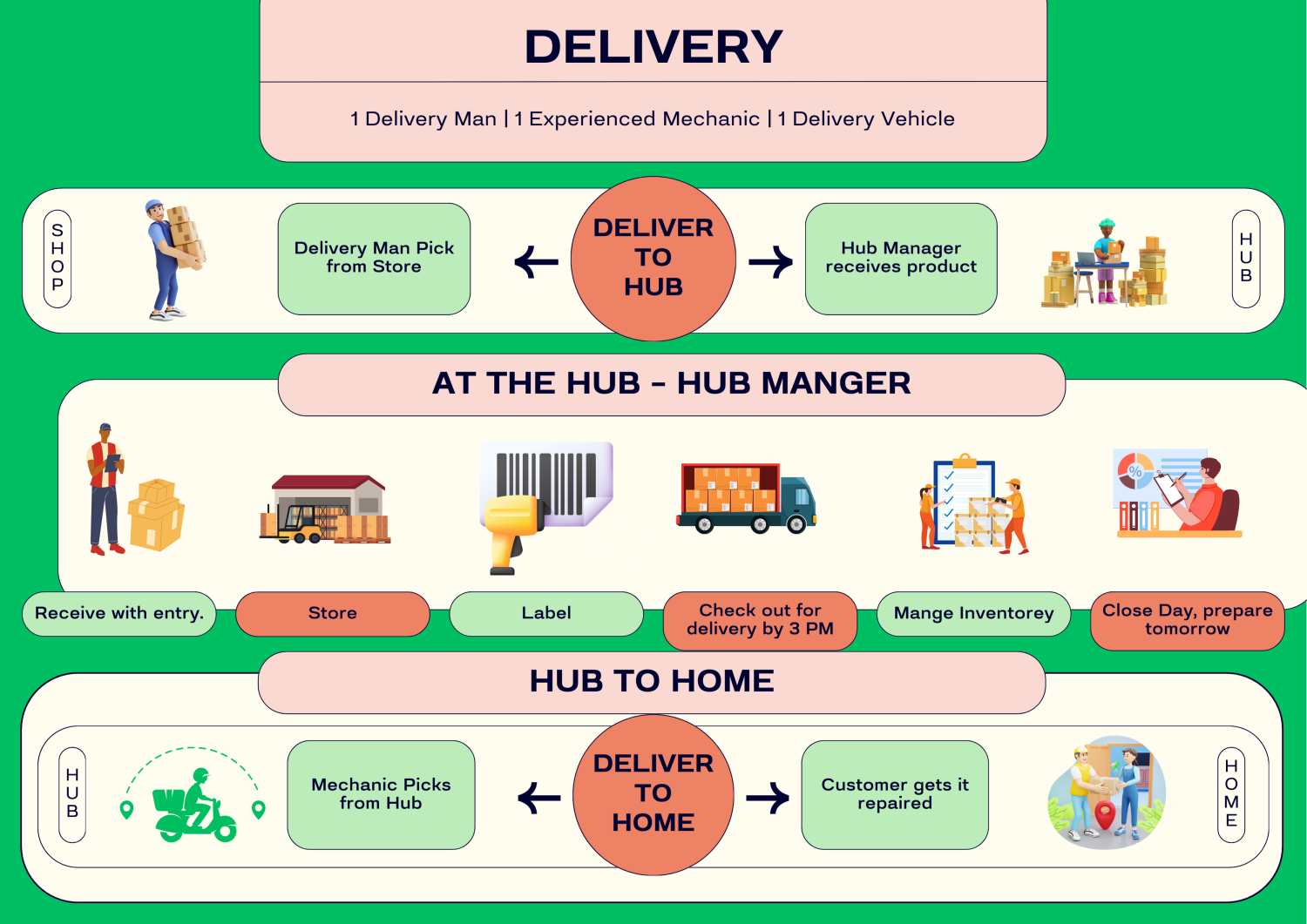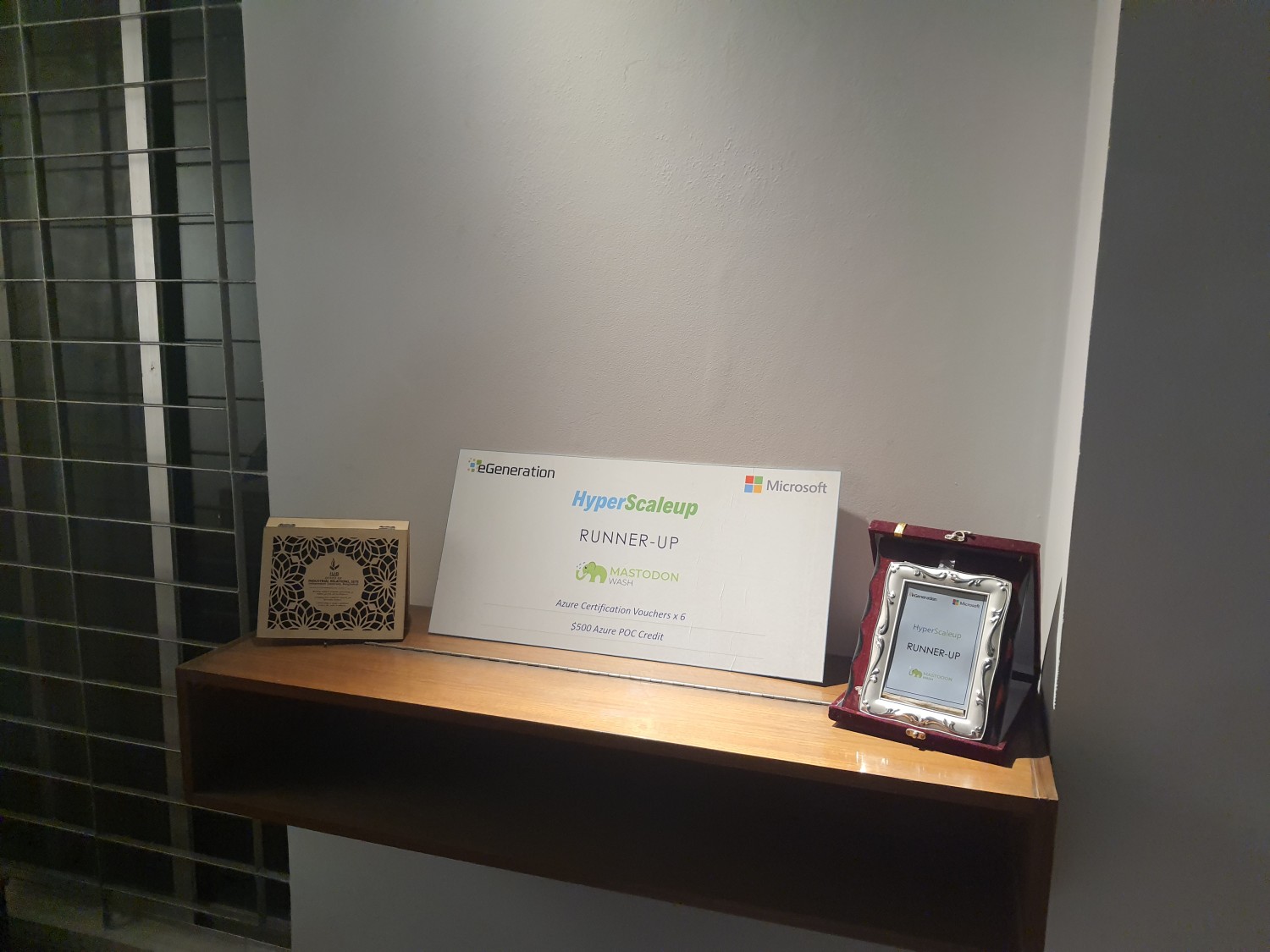Why We Don’t Hold Inventory: Mastodon Marketplace and the Power of Data-Driven E-Commerce

DHAKA – In a market often characterized by crowded shelves and
complex warehousing, Mastodon Marketplace has adopted a radically different
approach to automotive e-commerce in Bangladesh: it holds virtually no
inventory itself. This strategic decision is not about avoiding commitment, but
rather about embracing a lean, agile, and intensely data-driven business model
that prioritizes technology, logistics coordination, and platform intelligence
over physical stock management.
Mastodon operates as a true marketplace, an intelligent
intermediary connecting the two sides of the automotive aftermarket equation.
On one side are the vehicle owners and users – a target market estimated at
450,000 individuals with significant potential spending power (estimated BDT
120,000 per user per month in the business plan, likely representing total
automotive spending). On the other side is a vast network of over 5,000
suppliers, encompassing wholesalers and retailers across cities like Dhaka, Chittagong,
Rangpur, and Sylhet. Mastodon provides the digital infrastructure, the
AI-powered tools, and the logistical framework for these two groups to transact
efficiently.
The revenue model reflects this intermediary role. Mastodon
generates income primarily through two streams: subscription fees paid by
sellers for listing their products and maintaining their digital storefronts on
the platform, and a commission percentage taken from each successful sale
facilitated through the marketplace. This structure incentivizes suppliers to
list a wide variety of products while ensuring Mastodon's earnings are directly
tied to the platform's success in generating transactions.
This inventory-light model is only feasible because of a deep
reliance on data and technology. Instead of investing capital in warehouses and
stock, Mastodon invests in its platform's intelligence. The Mastodon MAMA AI
assistant plays a crucial role, guiding users through product discovery and
ensuring they find the right part from the right supplier. Behind the scenes,
sophisticated data analytics are constantly at work. The platform tracks user
behaviour, search trends, sales data, and supplier performance metrics (as
indicated by the detailed tracking in their 2024 performance report). This data
informs everything from AI model training and recommendation algorithms to
marketing strategies and operational adjustments. For instance, understanding
which parts are frequently searched for but have low availability can prompt
outreach to specific suppliers. Identifying high-performing suppliers can lead
to preferential placements or partnership opportunities.
The focus shifts from managing physical goods to managing
information and relationships. Logistics coordination becomes paramount –
ensuring smooth handoffs between suppliers, delivery agents (potentially
including trained mechanics for installation services), and end customers. The
platform's order tracking system provides crucial visibility. Strategic cost
management, highlighted as a key factor in navigating challenges in the 2024
performance report, is easier to implement in an inventory-light model, as the
primary costs relate to technology infrastructure (supported by the Microsoft
grant), personnel (21 employees), marketing, and payment processing, rather
than the carrying costs of unsold goods.
By eschewing traditional inventory holding, Mastodon Marketplace
positions itself as a scalable technology platform. Its growth is not
constrained by warehouse capacity but by its ability to attract more users and
suppliers, refine its AI, and optimize its logistics network. This data-driven,
asset-light approach allows for greater flexibility, faster adaptation to
market changes, and a focused investment in the core value proposition: making
the automotive supply chain in Bangladesh simpler, faster, and more
intelligent.





